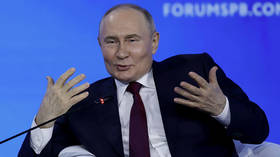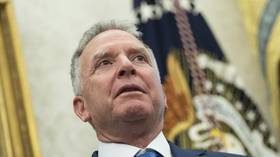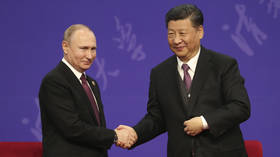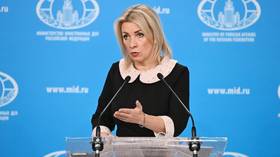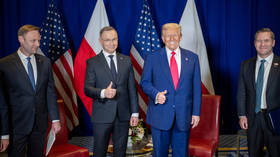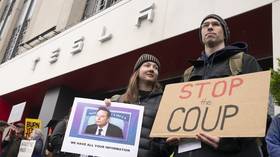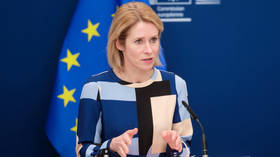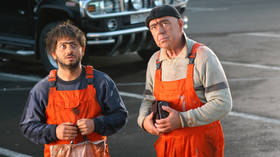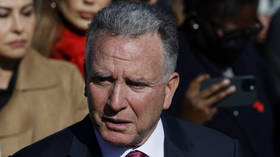Russian victory ‘inevitable’ – Lavrov
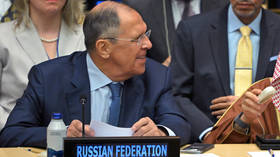
Moscow will achieve victory in Ukraine because that is the only language the West understands, Russian Foreign Minister Sergey Lavrov has said.
Lavrov flew to New York on Wednesday to take part in the 79th plenary session of the UN General Assembly and hold a series of bilateral meetings. Before his departure from Moscow, he spoke to TASS about the current situation in the world.
“Wherever the West infiltrates to ‘fix’ a crisis,” Lavrov told the news agency, “things only get much worse: thousands of victims, devastation and socio-economic problems follow. In my years of work in the international arena, there has not been a single case of the West’s intervention resulting in anything good. And now we’re seeing the same thing with Ukraine and the Israeli-Palestinian conflict.”
Asked what the solution to that problem might be, Lavrov was direct.
“Victory. They don’t understand any other language."
"And that victory will be achieved, we have no doubt whatsoever,” the veteran Russian diplomat said. “We have truly united in the face of the war that the West unleashed against us with Ukrainian hands.”
According to Lavrov, the collective West seeks to “subjugate” the entire world to its “rules-based international order,” a notion conjured up by the US and its allies about a decade or so ago.
No one has ever spelled out what these “rules” might be, Lavrov said, aside from letting Washington do whatever it wants in Afghanistan, Iraq, Syria, Libya, the Balkans, Ukraine, the Caucasus, Central Asia, or in the South China Sea.
“They have tried to act everywhere like a hegemon, like an elephant in a china shop,” Lavrov told TASS. “In Afghanistan, they declared the mission of fighting terrorism. When they fled after 20 years, there were many more terrorists there. In Iraq, they destroyed a normal, stable country. Not to mention Libya, which was prosperous,” he added.
To illustrate how the West has trampled the UN Charter, Lavrov pointed to the 2008 declaration of independence by ethnic Albanians in Kosovo, a province of Serbia which has been under NATO control since 1999. The US backed the declaration, calling it self-determination, and pressured the top UN court to rule that such declarations did not require the consent of the central government, the Russian diplomat explained. But when Crimea held a referendum – unlike Kosovo – following the 2014 US-backed coup in Kiev, the West rejected the principle of self-determination and insisted that “territorial integrity of Ukraine” was paramount instead.
